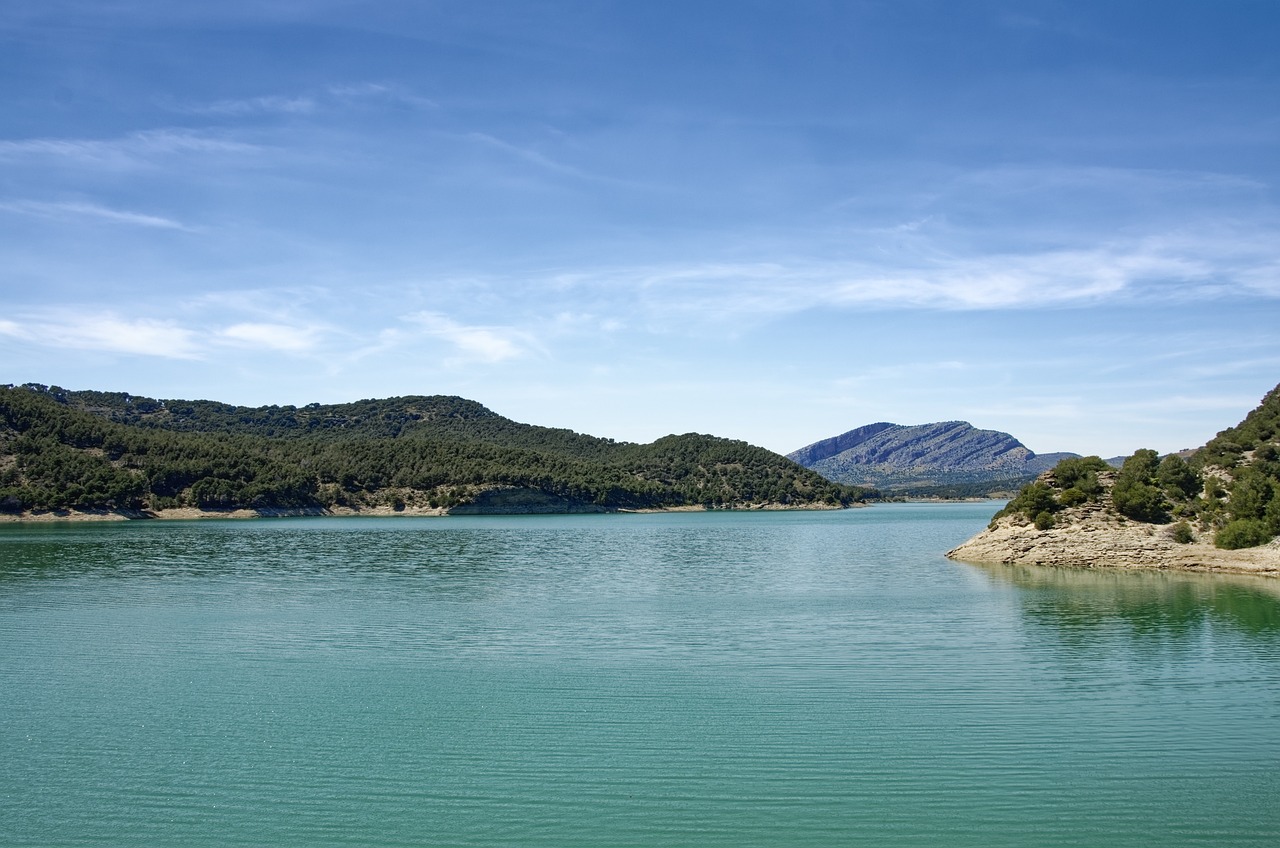The year 2024 is approaching summer with 11.000 hm³ more water in storage than in 2023. Good news for the population that has faced shortages. However, one province in Andalusia stands out as having the lowest proportion of this precious resource.
Almeria is the province with the least impounded water among all the Spanish provinces, with 18 hm³ (8.04%), compared to 26 hm³ (11.61%) last year and an average of 31 hm³ (14.20%) in the past 10 years¹.
Earlier this year, due to drought, residents of cities such as Malaga were limited to 160 litres of water per person per day². However, what impact can the reduction in the amount of water available have on the health the population?
For thousands of year, reservoirs, dams and other types of artificial reservoirs have enabled populations to collect water when it abounds and preserve it for periods of scarcity. These structures have been integrated as part of the population environment. The benefits they represent include hydraulic power generation, flood control, irrigation, navigation and recreation, among others. Despite these benefits, it is important to bear in mind the disadvantages, such as the eutrophication, which involves the excessive growth of certain plants, stimulated by the excess of nutrients in water, stagnation and dissolution of components such as carbon dioxide. All of these problems are compounded by climate change³.
Studies have predicted an imminent depletion of terrestrial water reserves (including rivers, lakes, wetlands and artificial reserves) in particularly vulnerable areas, such as southwest Europe, where Andalusia is located. Extreme droughts may become more frequently, so it is increasingly important to pay attention to individual and collective decisions on this valuable resource⁴.
References:
- El Correo de Andalucía. Embalses: Una provincia andaluza, la que tiene menos agua embalsada de España [Internet]. Sevilla: El Correo de Andalucía; 2024 May 25 [cited 2024 May 26]. Available from: https://www.elcorreoweb.es/andalucia/2024/05/25/embalses-provincia-andaluza-menos-agua-embalsada-espana-102882113.html
- Sánchez N. La Junta andaluza restringe el consumo de agua en Málaga a 160 litros por persona y día [Internet]. Madrid: El País; 2024 Feb 9 [cited 2024 May 26]. Available from: https://elpais.com/clima-y-medio-ambiente/2024-02-09/la-junta-andaluza-restringe-el-consumo-de-agua-en-malaga-a-160-litros-por-persona-y-dia.html
- Şen Z. Reservoirs for Water Supply Under Climate Change Impact—A Review. Water Resour Manage. 2021;35:3827-43. doi: 10.1007/s11269-021-02925-0.
- Pokhrel Y, Felfelani F, Satoh Y, Boulange J, Burek P, Gädeke A, et al. Global terrestrial water storage and drought severity under climate change. Nat Clim Change. 2021;11(3):226-233. Available from: https://doi.org/10.1038/s41558-020-00972-w.

Carlos Adrián Vargas Campos
Research Assistant
Complutense University of Madrid



